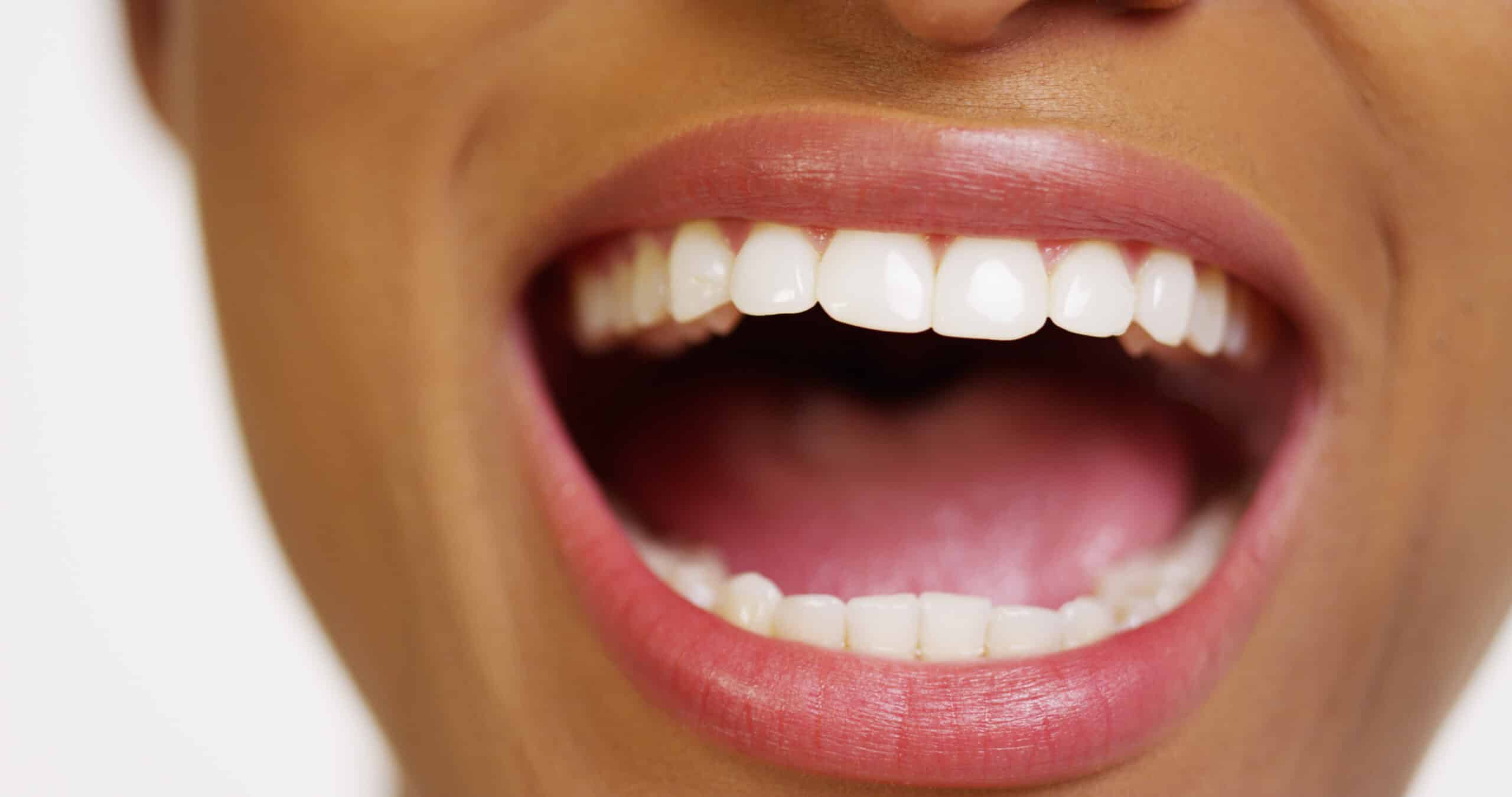Saliva can also give clues to your health. Saliva tests can quickly detect certain infections, like HIV or COVID-19, with no need for needles to draw blood for testing.
Saliva is made by several salivary glands in the mouth. It consists mostly of water (about 99%). It also contains over 1,000 different types of proteins and other molecules.
“We don’t think about saliva very often, but it’s always a part of our lives. When we’re healthy, we’re producing saliva all the time,” says Dr. Blake Warner, a dentist and researcher at NIH. “Saliva even plays a role in our ability to communicate. When we talk, our lips, tongue, and teeth all move in ways that depend on having moisture in the mouth.”
We might take saliva for granted. But problems can arise if you have too little saliva, or even too much.
If you feel like you don’t have enough saliva, it’s a condition called dry mouth. Doctors call it xerostomia (pronounced ZEER-oh-STOH-mee-ah). It can be caused by a decrease in how much saliva you produce or by changes in your saliva’s makeup that make it feel different.
“Dry mouth can be simply a nuisance, arising briefly if you’re dehydrated, stressed, or while taking certain medications,” Warner says. “But if it lingers, it can have a major impact on your quality of life and overall health. It can make swallowing difficult and reduce your ability to taste and enjoy food.” Dry mouth can also make it hard to chew and speak. And it can raise the risk for tooth decay and mouth infections.
Dry mouth can have several causes. Many medications have side effects that can reduce saliva flow. Certain cancer treatments can harm the salivary glands. Some medical conditions can trigger dry mouth, too. These include diabetes, AIDS, and a disorder called Sjögren’s (pronounced SHOW-grins) disease.
Sjögren’s disease damages the glands that make saliva and tears. That leads to dry mouth and dry eyes. It can be hard to diagnose because its symptoms vary and are similar to other conditions. Warner and other NIH scientists have been looking for better ways to diagnose, treat, and prevent this disorder.
In contrast to dry mouth, some people feel that they have too much saliva. When you have so much saliva that it flows outside your mouth, it’s called drooling. It’s normal for adults to drool when sleeping. Babies and toddlers often drool too. But sometimes drooling can be a symptom of certain infections or nervous system disorders, like Parkinson’s disease or stroke. Treatments for drooling can vary, depending on the cause.
If you have concerns related to saliva and your mouth, it’s important to talk with your health care provider. “In our society, we may think that saliva is gross or unpleasant. So some people might hesitate to talk with a doctor or dentist about any salivary problems they have,” says Warner. “But salivary symptoms could be early signs of disease, so it’s worthwhile to bring up. It’s important to be mindful of your saliva and oral health.”
Easing Dry Mouth Symptoms
- Drink plenty of water.
- Chew sugarless gum or suck on sugarless hard candy to trigger saliva flow.
- Avoid tobacco, alcohol, and drinks with caffeine. They can dry out the mouth.
- Sip water or a sugarless drink during meals to make chewing and swallowing easier.
- Use a humidifier at night.
- Talk with your doctor or dentist if the problems don’t go away.




